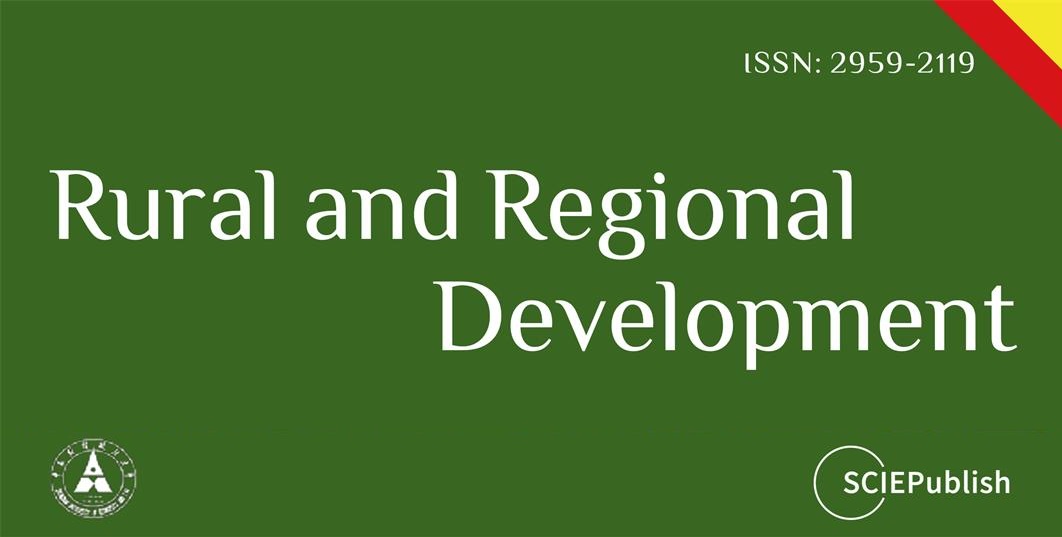A recent academic study published in Rural and Regional Development identifies a critical gendered mismatch within the business support infrastructure of rural Sweden. Researchers Annie Roos of Linnaeus University and Helene Ahl of Jönköping University, partners in the FLIARA project, argue that the current system fails to adequately recognise and support women-led enterprises, risking the long-term sustainability of rural areas.
Disparity in Policy and Practice
The research, derived from interviews with twenty women entrepreneurs in southern Sweden, concludes that the formal business support system is predominantly orientated toward models of economic growth associated with male-dominated sectors.
- Current System Bias: Swedish business support, including general and rural development funds, heavily targets STEM-related manufacturing industries and traditional agriculture. These sectors are characterised by a focus on scale and high-growth potential.
- Women’s Entrepreneurship: Rural women, however, frequently establish businesses—such as social care, services, arts, and cultural initiatives—that are essential for local service provision and community viability. Their success metrics often prioritise social, cultural, and environmental sustainability over purely rapid economic expansion.
The authors state that this mismatch results in a systemic undervaluation and exclusion of women’s ventures, despite their demonstrated contribution to a diversified and resilient rural economy.
Recommendations for Policy Alignment
The study emphasises that while policy discourse acknowledges women as an “underutilised resource” for economic development, the structural support mechanisms remain inadequate. The authors propose three key interventions to align the business support system with the realities of rural entrepreneurship and gender equality:
- Valuing Alternative Growth Models: Policymakers must adopt a broader definition of enterprise success that incorporates social, cultural, and environmental innovations.
- Broadening Eligibility Criteria: Access to funding and support programmes must be simplified, with eligibility criteria reformed to encompass the diverse range of women-led, non-traditional enterprises.
- Prioritising Long-Term Sustainability: Public funds should be strategically directed to businesses that demonstrably contribute to the long-term sustainability and development of rural communities, moving beyond a narrow focus on immediate economic growth targets.
The findings underscore that addressing this persistent gender inequality is crucial for both equitable policy implementation and the effective reversal of rural decline in Sweden.
Read the full article: Gendered Mismatches in the Business Support System in Rural Sweden by Annie Roos and Helene Ahl, published in Rural and Regional Development 2025, 3, 10018.



